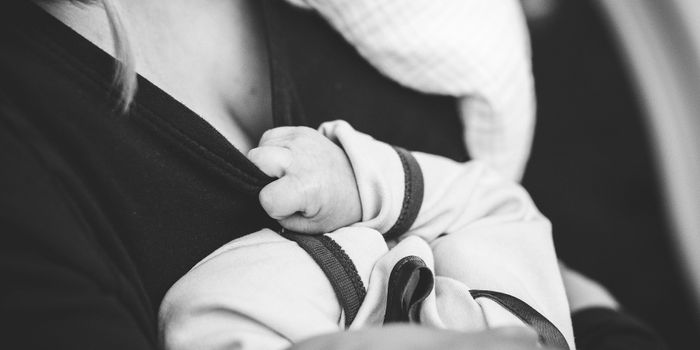How Our Brains Decide What's Fair and What Isn't
The way that the brain calculates fairness varies from person to person, although it's thought that with age, our definition of fairness changes.
For example, at a younger age, children may define fairness as "equal," in that every person gets an equal amount of something as it's split so that everything is fair for everyone. Although, for adults, we're more likely to slit things more logically, such that a bigger person or successful person receives more of something, whether that's food or money, than a smaller person or unsuccessful person would.
There have been many scientific studies, but each of the studies seem to have a wide array of answers to the universal question of whether or not age has anything to do with how we calculate fairness in our brains. It's possible that it has nothing to do with age at all, and instead, we just learn to expect what we think we deserve.








